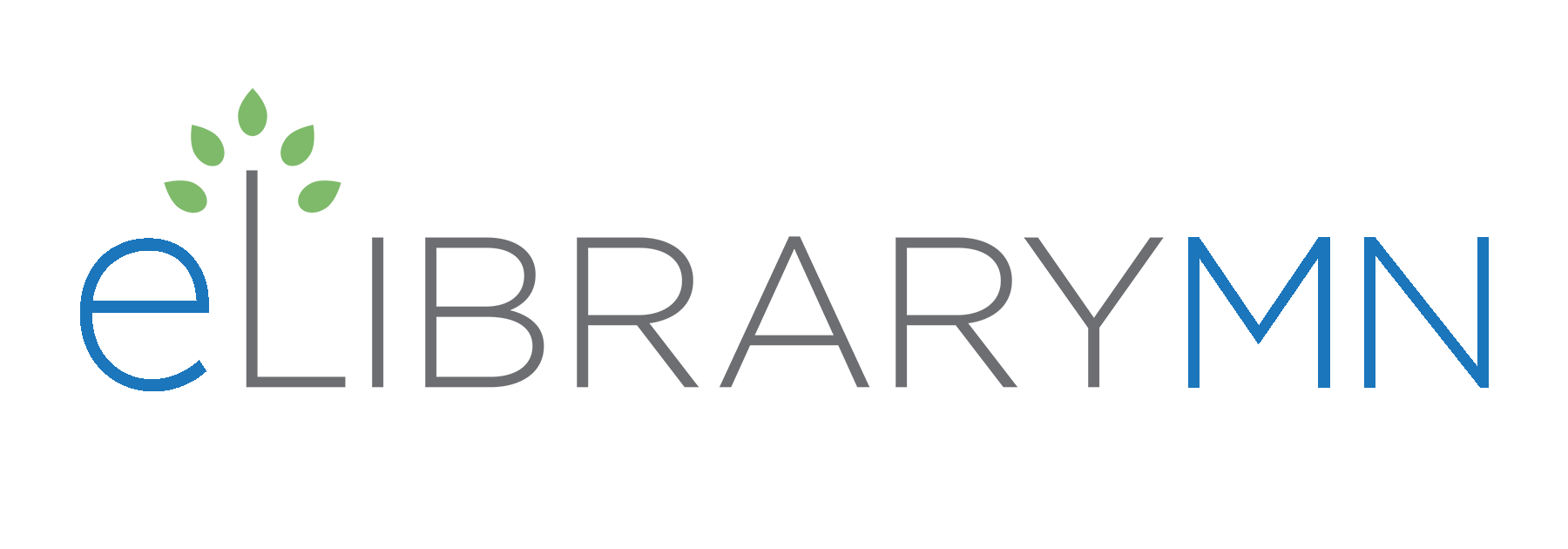Quick Summary
As librarians we spend a good deal of time teaching about the research process to students.

Body
As librarians we spend a good deal of time teaching about the research process to students. Whether it’s in a classroom setting (online or in-person) or through a video, tutorial, or graphics, we teach students how to formulate questions, derive search terms from their research questions, distinguish between scholarly and popular sources, evaluate and cite resources, and be aware of the information cycle and its varied sources. This is all good!
However, it seems that less and less of our limited time with students is spent on teaching the mechanics of search. Though it can be argued that our time is likely better spent on engaging with the research process and highlighting specific resources, I also think it’s important to integrate discussions of search concepts where relevant. Now more than ever it’s important for students to understand and think critically about how our databases and internet search engines operate. And it’s important to equip them with the knowledge and skills necessary to use these resources effectively.
From Google to discipline-specific databases, understanding the nature of search is as vital to a successful research process as refining research questions or knowing the difference between scholarly and popular sources.
An article from William Badke, columnist for the Online Searcher, addresses the ten most important search concepts we should be teaching our students. You may have been addressing these search concepts in your instruction for quite some time. Or maybe you’re looking to include more of this in your research instruction. For either group or anyone in between hopefully this new infographic detailing Badke’s “Ten Things to Teach About Searching” will be a useful tool or guide to share with your students during discussions or on your website.
You can find this infographic on our ELM Learning Center’s The Research Process page where you’ll find additional helpful research guides. It’s also posted to my website, Empowering Researchers.
